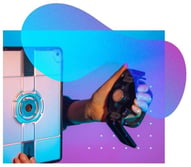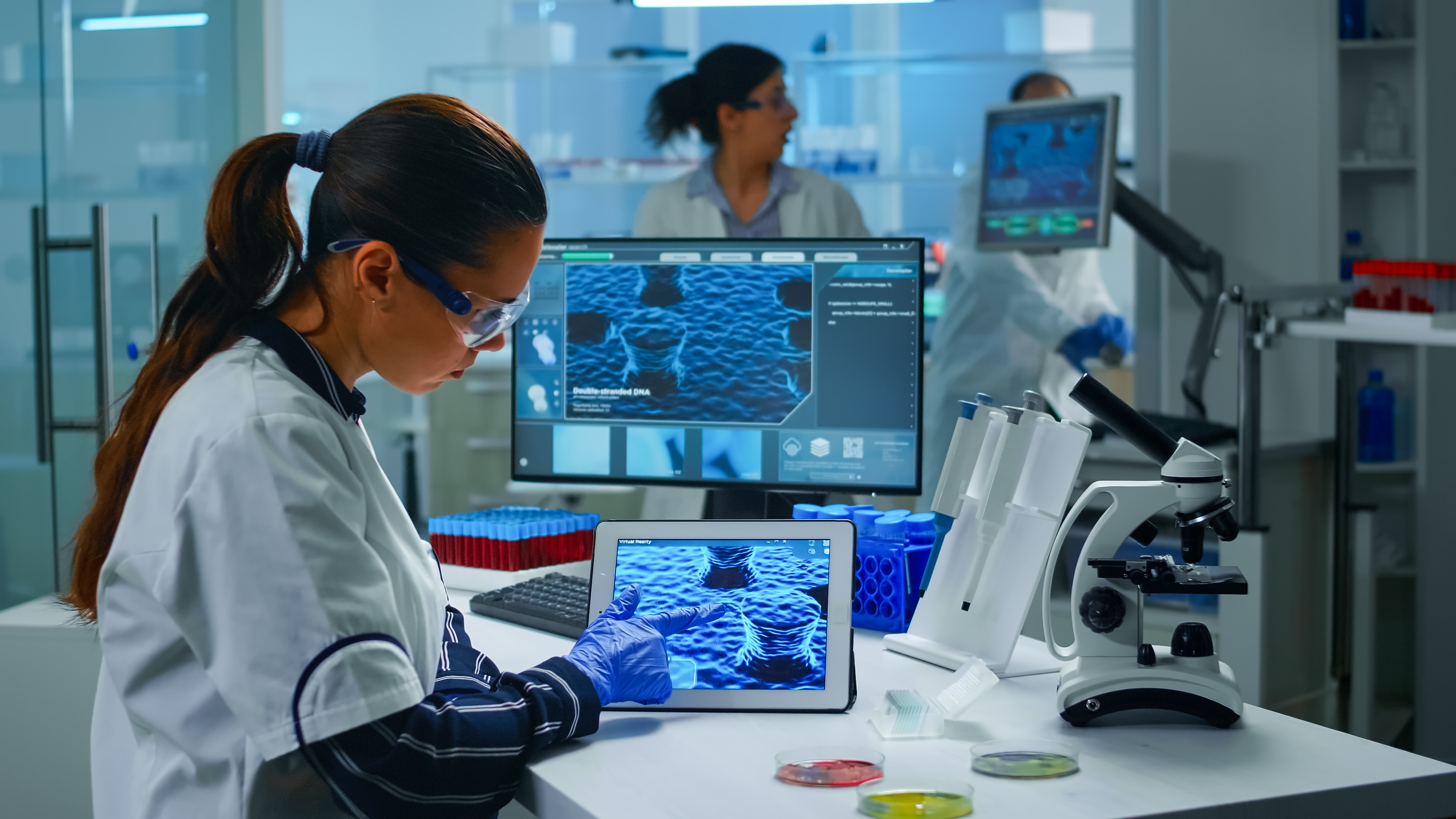By First Products on 8/17/21 4:19 PM
Most hospitals in the United States have already made the transition to full computerization or are well on the way to doing so. If your facility is among them, you’ve probably found that standard, consumer-grade computers simply aren’t adequate for patient-centered environments.
A hospital’s computers must comply with the same rigorous patient safety, infection control, and regulatory standards that govern any other medical device. That’s why computers, laptops, and tablets manufactured specifically for hospital settings will usually feature 24/7 reliability, antimicrobial housing, fanless operation, and security protocols customized for various healthcare workflows.
The term “medical grade” may also be supported by specific tests and certifications.
If your hospital is in the market for medical-grade computers, here are some of the most important factors to consider before purchasing.
Is the Device Designed Specifically to Work in a Healthcare Environment?
Medical-grade computers should offer the following advantages:
- Touch works with gloves
- Outstanding sensitivity
- Multi-touch capability
- Scratch-resistant
- Excellent durability
- Liquids don’t impact performance
For example, a medical-grade device might incorporate a Gorilla® Glass touchscreen, which is thicker than standard screens and better able to withstand drops.
Does the Computer Meet Standards and Have Certifications Appropriate for Hospitals?
Medical grade computers must comply with the ISO 13485 standard. This is the most widely used medical device quality standard on an international level and governs both product quality and compliance with governmental regulations.
A medical-grade computer must also be UL60601-1 certified, indicating it meets the highest requirements available for safety and electromagnetic compatibility. UL60601-1 certified devices are tested for hazards like fire, ignition from flammable anesthetics, electrical shock, mechanical impact, excessive electrical energy output, and radiation.
A computer’s IP rating indicates the ability of the casing to protect against intrusion from dirt, germs, bacteria, and moisture. For example, a laptop with a rating code of IP65 is resistant to dust intrusion (signified by the 6) and water sprayed at a rate of 12.5 liters/minute from 3 meters away (represented by the 5). IP65 is ideal for a hospital setting, as it indicates that a computer can be scrubbed and cleaned with disinfectants without damaging the device.
Medical Grade Computers Require Medical Grade Security
Sensitive medical information is highly sought after by scammers.
To prevent unauthorized access to patient records, medical-grade computers can be equipped with RFID scanners and other security measures like biometric access. Encryption keys can also prevent the information from being read without them.
UEFI technology -- a low-level software that starts a computer is booted, checks the operating system to ensure no malware has been detected from the moment the computer is powered on until the anti-malware application initializes – is generally standard on modern medical grade computers.
What About HIPAA Compliance?
It’s also essential that medical-grade computers be able to maintain HIPAA compliance.
This requires a computer to support full disk encryption for data at rest and end-to-end encryption solutions for data in transit. Computers used by healthcare facilities that are subject to HIPAA regulations must also have privacy filters that limit the viewing radius of the screen to the front view.
Can the Computer be Customized for Your Hospital?

When purchasing medical-grade computers, it's crucial to ensure that any products you're considering will meet the needs of your facility.
For example, suppose your staff will be using tablets to scan barcodes for tracking patient medications. In that case, the devices should be able to support these capabilities via customized accessories and peripherals.
Is the Computer Fanless?
Commercial-grade computers are generally equipped with an internal fan to guard against overheating. But in a hospital, these fans can contribute to the spread of dust and pathogens through the air.
On the other hand, medical-grade computers generally rely on fanless technology to prevent overheating, allowing for safe use in operating rooms and hospital clean-rooms. A fanless computer is also quieter. When combined with a solid-state drive, fanless computers are virtually silent and reduce the potential for disruption at patients' bedsides or in the OR.
Does the Computer Allow Flexible Connectivity?
Because hospitals rely on various technologies -- radio frequency (RF), for patient monitoring; near field communication (NF) to transmit electronic medical records securely; and RFID data capture to verify patient identity and proper medication -- medical grade computers must support a range of flexible broad-spectrum connectivity options.
Those configured to support multiple wireless local area network (WLAN) protocols, including IEEE 801.11 a/b/g/n/ac. Bluetooth 4.0 and WiFi g, offer the greatest flexibility.
Don’t Forget the Medical-Grade Accessories!
Medical-grade computers also require medical-grade accessories.
All computer accessories offered by First Products are guaranteed to meet the strict standards for grounding reliability, assembly integrity, strength, durability, security, and infection control that today’s hospital demand:
-
Tripp-Lite 90 Degree Power Cord: A perfect cord solution for movable plug-connected racks or carts in operating rooms, patient-care vicinities, therapy rooms, imaging environments, and administrative areas.
-
L Cool Keyboard: A washable keyboard with umbrella-style keys, standard tactile feedback, and adjustable keyboard feet.
-
Silver Storm Waterproof Mouse: A 1000 DPI
 Optical Mouse with Scroll Wheel + 2 Buttons, antimicrobial product protection, RF wireless, and a charging base with an integrated three-port black USB hub.
Optical Mouse with Scroll Wheel + 2 Buttons, antimicrobial product protection, RF wireless, and a charging base with an integrated three-port black USB hub. - Silver Storm Waterproof Keyboard: A plastic standard style USB - QWERTY keyboard
 featuring antimicrobial protection and a quick-connect cable with seal cap.
featuring antimicrobial protection and a quick-connect cable with seal cap.
Contact First Products Today
Since 1945, an unshakeable commitment to customer service, expert sales support, dedication to long-term customer satisfaction, and industry best warranties have won First Products the trust and respect of hospitals and medical professionals across the United States and worldwide.
In the unlikely event that the perfect-fit solution isn't already available, we're ready to work one-on-one with you and your staff to customize a solution for your specific needs.
Please Contact First Products at 800.854.8304 to arrange for your COMPLIMENTARY DEMO today.
_11wX8.5h-FINAL.png?width=721&name=FP-Logo-Horizontal-(COLOR)_11wX8.5h-FINAL.png)




comments